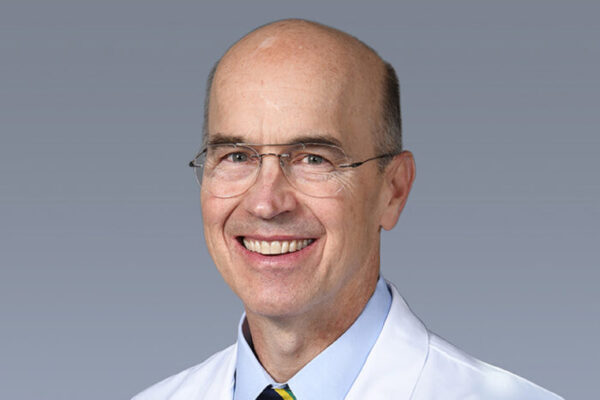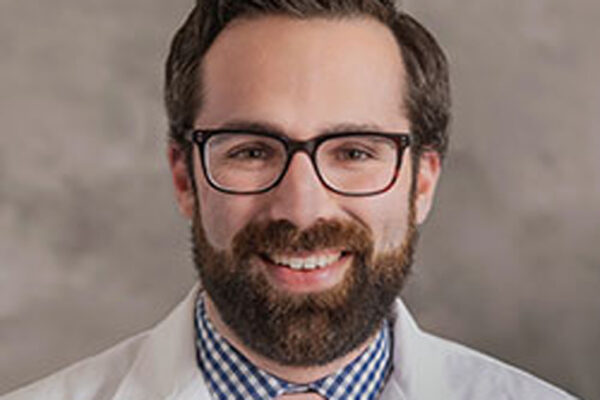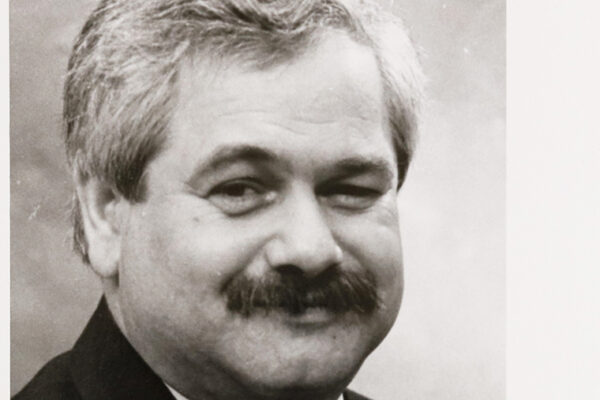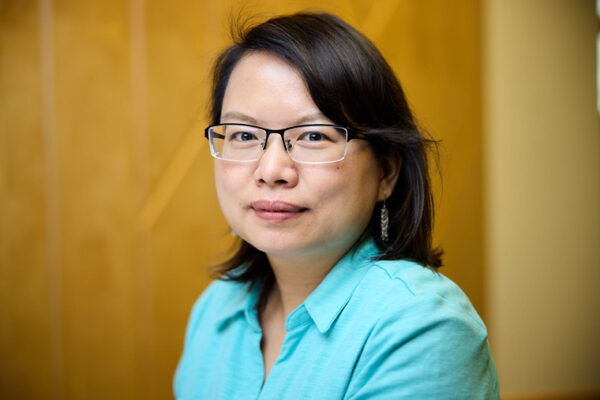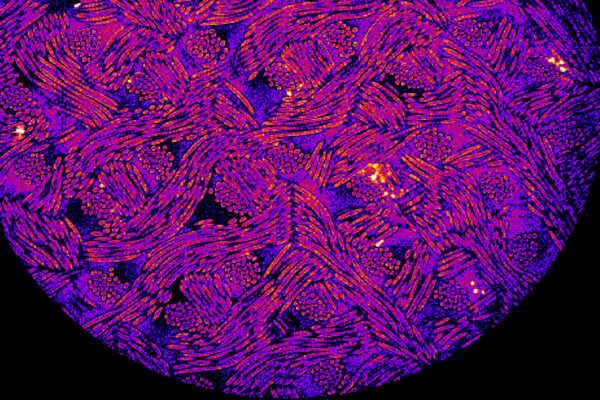Williams named director of hospital medicine division
Mark V. Williams, MD, a respected leader in hospital medicine, performance improvement and health-care delivery, has been named director of the Division of Hospital Medicine in the Department of Medicine at Washington University School of Medicine. His appointment takes effect Oct. 1.
Farnsworth honored for excellence in clinical chemistry research
Christopher Farnsworth, assistant professor of pathology and immunology at Washington University School of Medicine, has received the 2021 George Grannis Award for Excellence in Research and Scientific Publication from the American Association for Clinical Chemistry.
Garcia receives NIH grants
Benjamin Garcia, head of biochemistry and molecular biophysics at the School of Medicine, along with Matthew D. Weitzman, professor at the University of Pennsylvania, received a five-year $2.9 million renewal grant from the National Institute of Allergy and Infectious Diseases of the National Institutes of Health (NIH) for their research on epitranscriptomic mechanisms.
Radiation therapy reprograms heart muscle cells to younger state
Radiation therapy for ventricular tachycardia — a life-threatening irregular heart rhythm — appears to work by reverting heart muscle cells to a younger state, reducing the irregular rhythms, according to a new study from Washington University School of Medicine.
Chen receives Stein Innovation Award
Shiming Chen, professor of ophthalmology at the School of Medicine, has received a 2021 Stein Innovation Award from Research to Prevent Blindness.
Allen Sclaroff, professor of clinical otolaryngology, 75
Allen Sclaroff, DDS, professor of clinical otolaryngology at Washington University School of Medicine, died Aug. 18 in St. Louis, following complications of multiple myeloma. He was 75.
‘First-in-class’ tool for potential treatment of brain disorders
Biomedical engineer Hong Chen at the McKelvey School of Engineering will use a $2.1 million grant from the National Institutes of Health (NIH) to find noninvasive tools to treat the brain.
$7 million to support research into how human genome works
Washington University School of Medicine will serve as the data and administrative coordinating center for a national effort to investigate how variations in the human genome sequence affect how the genome functions. Such information is critical for understanding human health and diseases.
Researcher wins NIH grant
Janice L. Robertson, assistant professor of biochemistry and molecular biophysics at the School of Medicine, received a four-year $1.39 million renewal grant from the National Institute of General Medical Sciences of the National Institutes of Health (NIH) for her research titled “Driving forces of membrane protein assembly in membranes.”
Rheumatoid arthritis treated with implanted cells that release drug
With a goal of developing rheumatoid arthritis therapies with minimal side effects, School of Medicine researchers have genetically engineered cells that, when implanted in mice, will deliver a biologic drug in response to inflammation.
Older Stories
